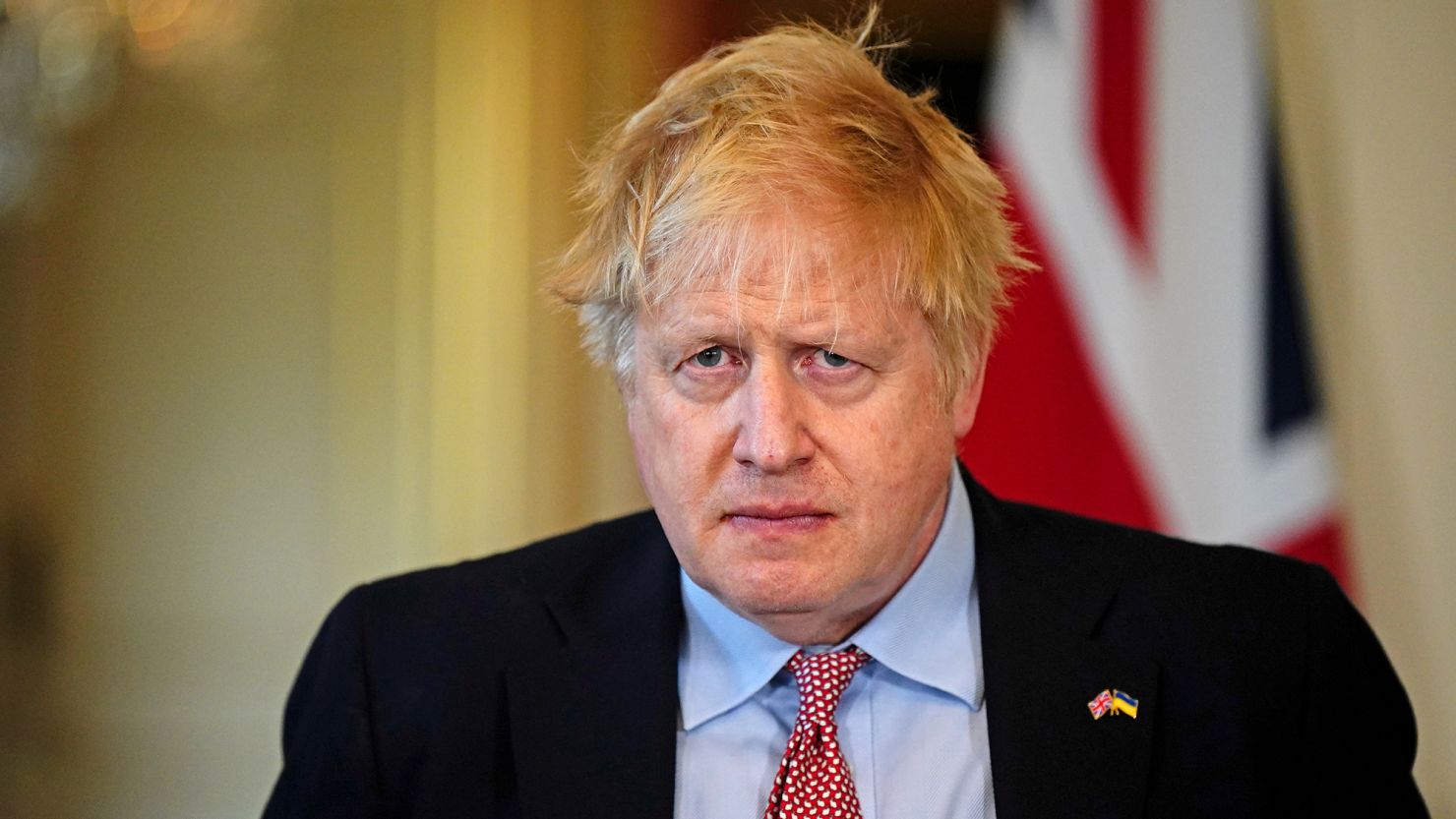Boris Johnson has apologized to British lawmakers twice this week for breaking the law.
Under normal circumstances, this would mean that time was up for the Prime Minister and his tenure in office. But Johnson has thus far declined to resign from his post and, with no general election scheduled until 2024, his fate will ultimately be determined by his own Conservative members of parliament, the only people who can remove him from office prematurely.
For now, they seem content with him remaining in Downing Street despite poll after poll showing the public thinks he should resign. Johnson is currently embroiled in the worst crisis of his premiership after the police fined him for breaching Covid-19 laws by attending a 2020 birthday gathering thrown in his honor, in his office, at the height of lockdown. Johnson had previously told parliament that no rules were broken.
The Conservative party’s polling doesn’t look too good either, though party sources think on balance Johnson is still more of an electoral asset than a problem. They are aware that this could change if Johnson is issued with another fine by police or more details emerge from the “Partygate” scandal.
What this means in the medium-term is that Johnson has to plough on and avoid the various pitfalls directly in front of him – which his allies note he has managed to do so far and can continue to do so.
The first such pitfall arrived Thursday, as members of parliament were set to vote on a motion that would refer him to a parliamentary committee which would then investigate whether or not Johnson intentionally misled parliament over the scandal.
The motion, tabled by the opposition parties, was initially expected to fail as Johnson’s government was to whip Conservative MPs to vote on a government amendment delaying the vote.
But the government was forced to U-turn in order to avoid embarrassment as it seemed likely that many MPs would defy the whip. The opposition motion is now much more likely to pass, as Conservative MPs have been given a free vote and in some cases will not vote at all.
There is no clear timeline of when such an investigation into Johnson’s conduct would take place. The mere fact of it happening, however, will provide opposition parties with ammunition going into the local elections set to take place in just a few weeks – at which voters will have the opportunity to send a message of fury to Downing Street.
While the Conservatives have suffered huge dips in multiple polls ahead of the elections, observers believe it would take a spectacular defeat in these elections for Johnson’s lawmakers to commit political regicide. But it’s not out of the question – and those who have seriously considered removing the Prime Minister from office see the summer as the best time to get rid of him, as it would give a new leader enough time to settle into the job before the next general election.
After these elections, the pitfalls are slightly more difficult to predict. At any time, Johnson could be fined again for other gatherings held in Downing Street that broke his own government’s laws. And the final report by a senior civil service officer into the Partygate scandal could be so damning that Conservative poll numbers slump even further.
Add to that list the prospect of a parliamentary investigation, and 2022 is starting to look like another miserable year for Johnson.
However, for the time being, Johnson remains in his job, unwilling to resign and no one is strong enough to force him out. It’s frustrating for those who want him gone, but the politics simply make it practically impossible to get rid of Johnson in the immediate future. Whether that is a good thing for Johnson and his party is a different question altogether – and there are Labour figures who think Johnson fighting the next general election would be preferable to a new, more credible alternative.






